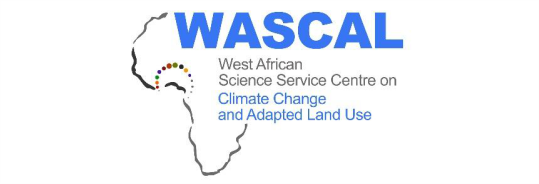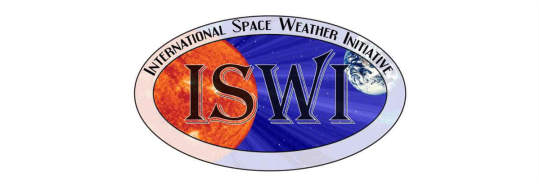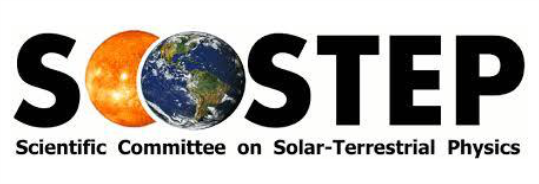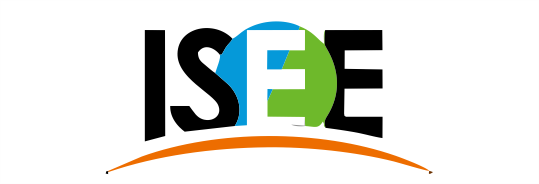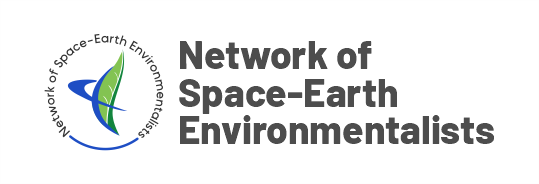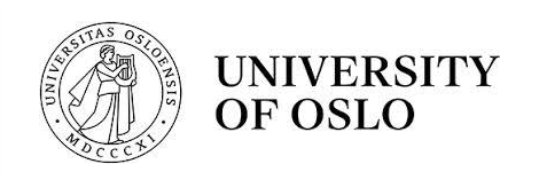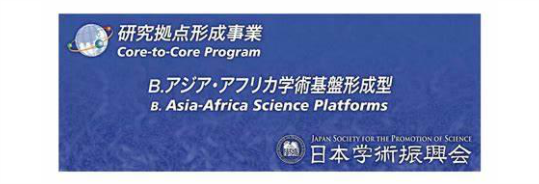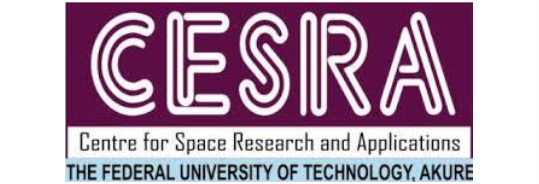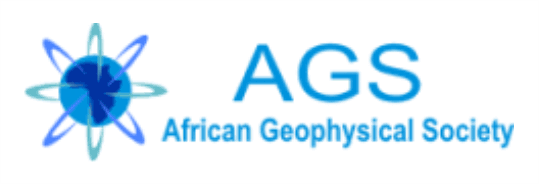ICELLI
About the Colloquium
International Colloquium on Equatorial and Low Latitude Ionosphere (ICELLI) is an annual capacity building workshop geared towards understanding of the Sun and its impact on space weather; the dynamics of the equatorial ionosphere, its complexities and high level of dynamics which results in phenomena such as spread F, ionospheric anomaly, equatorial electrojet, equatorial plasma fountain, etc; and how space weather impact on telecommunications, Navigation, satellite operations, and other space-based technologies. In 2019, the Colloquium metamorphosed from a summer school-like programme tagged International School on Equatorial and Low Latitude Ionosphere (ISELLI) which held in Abuja and Ota, Nigeria in 2015 and 2017 respectively. This year’s colloquium, tagged ‘ICELLI 2026,’ would be the 10th edition of this capacity building gathering in Nigeria.
The equatorial region, also known as the low latitude region, refers to the region within 20 on either side of the geomagnetic equator. The great effect of the equatorial ionosphere on space-based technologies, due to its associated complexities and dynamics, has made the region a point of international collaborative focus in scientific research.
The activity is planned to run for a period of 5 days. The program of the Colloquium includes discussions of the rather wide range of phenomena, such as: equatorial ionosphere, equatorial electrojet, equatorial ionospheric anomaly, geomagnetic disturbances, geomagnetically induced currents, solar-terrestrial relations, stratospheric warming, space weather, theory and modeling of ionospheric scintillation and irregularities, utilization of equatorial orbital plane for satellite technology, presentation of results from different and novel techniques for probing the equatorial ionosphere etc.
This edition shall like the past editions feature a composition of tutorials, seminars, conference and hands on training on every aspect of research and techniques bordering on the dynamics of equatorial and low latitude ionosphere as well as space weather.
This year’s edition shall be a follow up to the 9th edition and thus focus on emerging topics of interest such as applications of Artificial Intelligence AI, Machine Learning, open-source programming languages and non-linear tools towards understanding and predictability of complex space weather processes for effective operational systems at low latitudes.
This Colloquium shall offer opportunities for presentation of standard contributions (oral and poster), delivery of invited papers by distinguished scientists with the intention of educating young scientists, as well as exhibition of space-dependent technologies and measurement systems relevant to ionospheric studies. The forum shall serve as an effective meeting point for scientists, policy makers, students and designers of space-dependent technologies. This year’s edition shall also have a hybrid component.
Application: Online https://nspee.org/icelli/
Working language : The working language of the Colloquium is English.
Venue: Lead City University, Ibadan, Oyo State, Nigeria
Date: 31st August 2026 – 4th September 2026
Colloquium Fees
Colloquium Fees (Payable only on-site at the point of registration)
Naira for National Participants from Nigeria and Dollar for International Participants
Support
Registration fee waivers, Travel grants and logistic support shall be made available to participants who will have to apply. Such support shall be communicated well in advance to the successful applicants.
Timelines
Registration and abstract submission for those seeking financial support will close on May 31, 2026
Registration and abstract submission will close on June 10, 2026
Acceptance notification: June 15, 2026.
Invitation letters distribution: July 1, 2026
Acceptance notification: June 15, 2025.
Invitation letters distribution: July 1, 2025
Deadline for application and abstract submission has been extended to 6th July, 2025
Past Colloquium Presentations
- AfriTEC: A Neural Network-Based Model of theGNSS TEC over Africa_Daniel Okoh
- CAR-NASRDA: Data & Research Resources_Babatunde Rabiu
- The Pre-magnetic Storm Signatures_Joshua et al.,
- Response of Equatorial Ionosphere to Space Weather Events_Akinyemi et al.,
- Comparison of Iri-Nequick, Iri-Plas 2017, Nequick-2 and Nig-Tec Models with GPS-Tec Measurements over Nigeria located within Equatorial Ionospheric Anomaly Region_Obafaye et al.,
- DaySim6-11-2019 (video)
- Equatorial Spread F Occurrence and Vertical Drift Velocity of the F2 Layer Around the Time Occurrence_Agunbiade et al.,
- Estimation of Ionospheric Critical Plasma Frequencies from GNSS-TEC Measurements using artificial Neural Networks_Otugo Vivian
- Solar Wind-Geomagnetic Activity effect on NmF2 over an African Equatorial Anomaly Station
- Self-Adaptive GNSS Position Estimation process improves Mitigation of GNSS Ionospheric Effects_Renato et al.,
- The Response of an Equatorial Ionospheric F2 layer to Geomagnetic Storm_Ayokunnu et al.,
- Time-Derivatives of Geomagnetic and Geo-Electric Fields as a measure of Geo-Magnetically induced Current_Falayi E. O.
- Trends in Geo-Magnetic Fields linked to Solar Quiet and Induction Effects_Falayi
- Variability of Ionospheric Irregularities over the Longitudinal Sectors of African Equatorial/Low Latitude Region during the St. Patrick’s Day Storm of 17 March 2013_Amaechi
- Introduction to Space Weather_Christine Amory-Mazaudier
- ISSI-Meeting-September9-2020_Christine Amory-Mazaudier
- Equatorial Ionosphere – A tutorial-Babatunde Rabiu
- Results of using Low-Cost Instruments for Space Weather Research (including GNSS and HF-Radars)_A. Kashcheyev
- Effects of Ionospheric Irregularities on GNSS and HF Radars_Ashik-Paul
- AfriTEC: A Neural Network-Based Ionospheric Total Electron Content Model over Africa_Okoh et al.,
- Geomagnetic Storms and The Equatorial Ionosphere_Olawepo
- Ionospheric Models: IRI, NeQuick, Ionolab, IRI-Plas and Neural Network_Oyeyemi_Adewale
- Characterizing Ionospheric Plasma Irregularities with In-Situ Measurements over the African Sector_Miloch
1. Space Weather Services in Nigeria_Abdulrahim et al.,
2. Demonstration of the African GNSS TEC (AfriTEC) Model Vers2.4_Obafaye
3. Responses of Global Equatorial/Low-latitude Ionosphere and Thermosphere to CME-driven and CIR-driven Geomagnetic Storms_Akala_Otsuka
4. Equatorial Electrojet_Babatunde Rabiu
5. ICELLI-Model_Babatunde_Rabiu
6. Low-Cost-GNSS-TEC_Babatunde_Rabiu
7. Radio Occultation for Ionospheric Studies_Bruno Nava
8. Sun Earth Systems and Space Weather: Historical approach – New results at Middle and Low Latitudes_Amory-Mazaudier
9. SANSA-and-ICELLI_Cilliers
10. Ionospheric Electric Current Disturbance Associated with Geomagnetic Storm_Falayi
11. Ionospheric Irregularities & Scintillation_Groves_Carrano
12. Theory of HF radars and Ionosondes_Olawepo
13. Meteorological Phenomena Effects in the Ionosphere_Radicella
14. Ionospheric Propagation of Radio Waves_Olawepo
15. Non-Linear Dynamical Analysis in Space Physics: A Review_Ogunjo
16. Travelling Ionospheric Disturbances_Shiokawa
17. The International Committee on Global Navigation Satellite Systems and its Programm on GNSS Applications_Gadimova
18. Space Weather Effects Representation using Empirical Models_Migoya-Orue
19. Where to Click to get Data on Ionoshere and Space Environment_Yisengaw_Rabiu
20. CAR 2022 Sept short for ICELLI_Babatunde_Rabiu
21. CAR_Observational Facility_Babatunde_Rabiu
01 Space Weather Dynamos and geomagnetism (Prof Christine Mazaudier)
02 From linear to complex approach to scientific research: The new path (Prof S M Radicella)
03 Ionospheric plasma irregularities and related space weather phenomena (Prof Wojciech J. Miloch)
04 Radio Occultations for ionospheric studies (Dr Bruno Nava)
05 Introduction to AfriTEC Session and the AfriTEC Model( Dr Daniel Okoh)
06 Machine Learning Applications for Ionospheric Studies (Dr Gopi Seemala)
07 A global 3-D electron density reconstruction model based on radio occultation data and neural networks (Dr. John Bosco Habarulema)
08 A New Observatory for Real-time Ionospheric Sounding over Kenya (NORISK) and its relevance for Ionospheric Modelling in Africa (Dr. Claudio Cesaroni)
09 Hands-on Demonstration on Use of the AfriTEC (Aderonke Akerele)
10 Space Weather Activities in Tunisia (Ahmed Ammar)
11 Space weather research at low latitudes in Africa and participation to the IMCP (Babatunde Rabiu)
12 Space Weather Research and Infrastructures at SANSA and potential contributions to the IMCP (Michael Koch, Pierre Cilliers)
13 Space Weather research and infrastructures in East Africa, and potential contributions to the IMCP (Melessew Nigussie)
14 The Geodesy Observatory Tahiti: Past, Present and Future (Jean-Pierre Barriot)
15 China’s Ground‐Based Space Environment Monitoring Network— Chinese Meridian Project (CMP). (Hui Li)
16 AOGS-RAC Low-Latitude Ionosphere Working Group : Activities and Scientific collaboration (Haixia Lyu, Michel Blanc, Siti Syukriah Khamdan)
17 The great potential of the IMCP for contributing to equatorial and low- latitude research (Michel Blanc)
18 Ion and Electron Cyclotron wave-particle interactions in the Earth’s inner magnetosphere (Prof. Kazuo Shiokawa)
19 Geomagnetic Induced Currents: A Tutorial Guide to Empirical and Simulation Studies (Prof. B. O. Adebesin)
20 A Hybrid Physics-Based/Machine Learning Approach to Forecast Scintillations (Dr Keith Groves)
21 CONGA; Status of Ground based instruments in Africa (Prof. Babatunde Rabiu)
22 Connections of the Upper and Lower Atmosphere (Prof. O. S. Bolaji)
23 African Geophysical Society (Prof. O. K. Obrou)
24 Applications of nonlinear dynamics and chaos theory in geospace investigation (Dr. Samuel Ogunjo)
25 Medium-scale traveling ionospheric disturbances observed during the nighttime (Dr. Zama Katamzi-Joseph)
26 Introduction to Skyimet radar (Aderonke Akerele)
27 Analysis of total electron content over the African low latitude region during the maximum phase of solar cycle 24 (2012-2014) (Prof. E. O. Falayi)
28 Space weather activities & opportunities at SANSA (Dr. John Bosco Habalurema)
29 Available data & opportunities at SERL (Dr Daniel Okoh)
Gallary
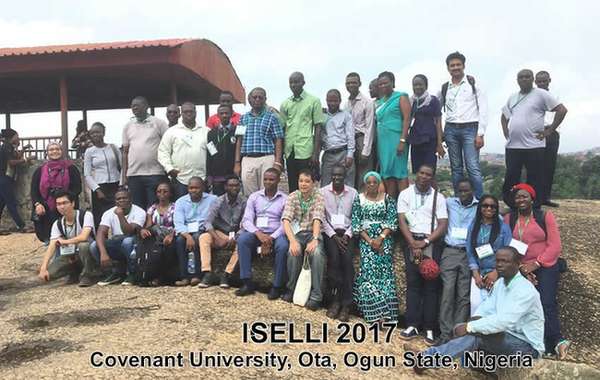
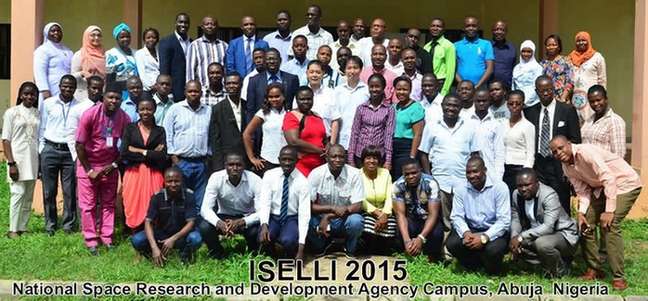
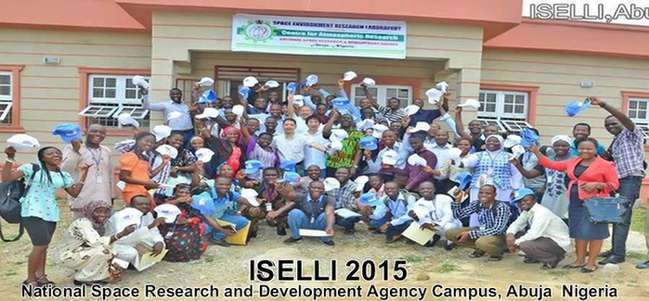
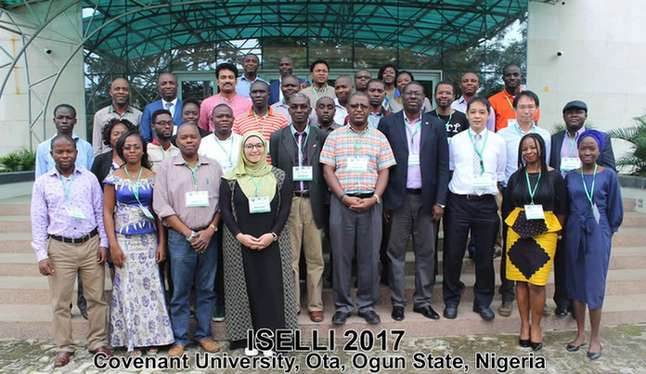
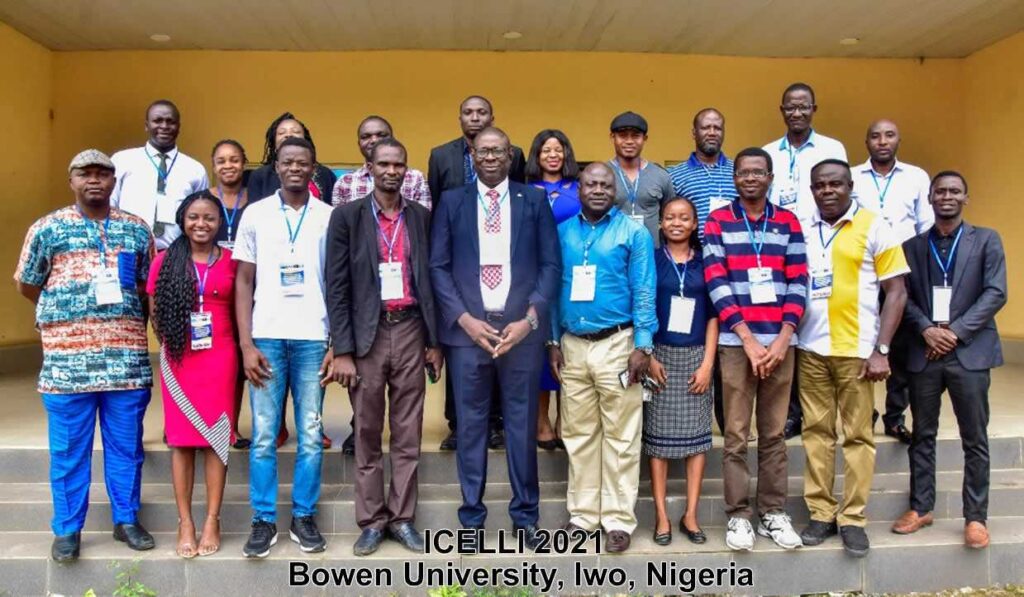
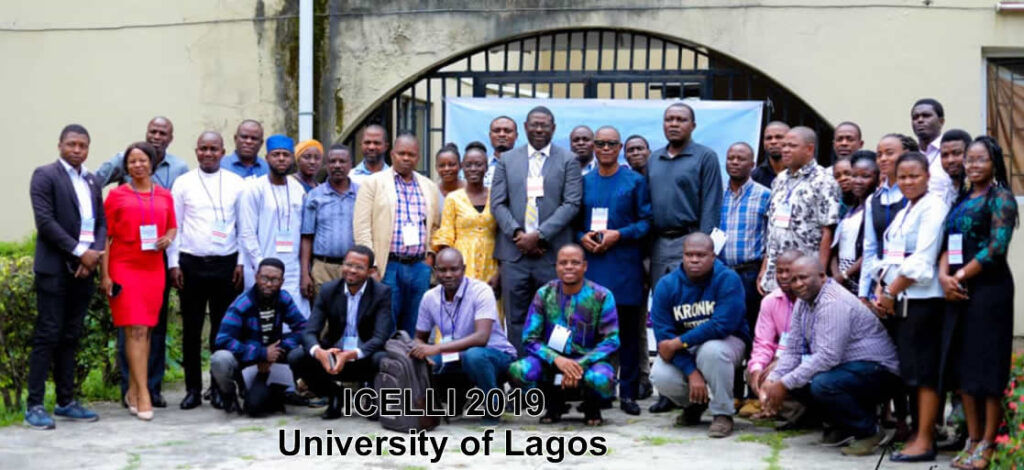
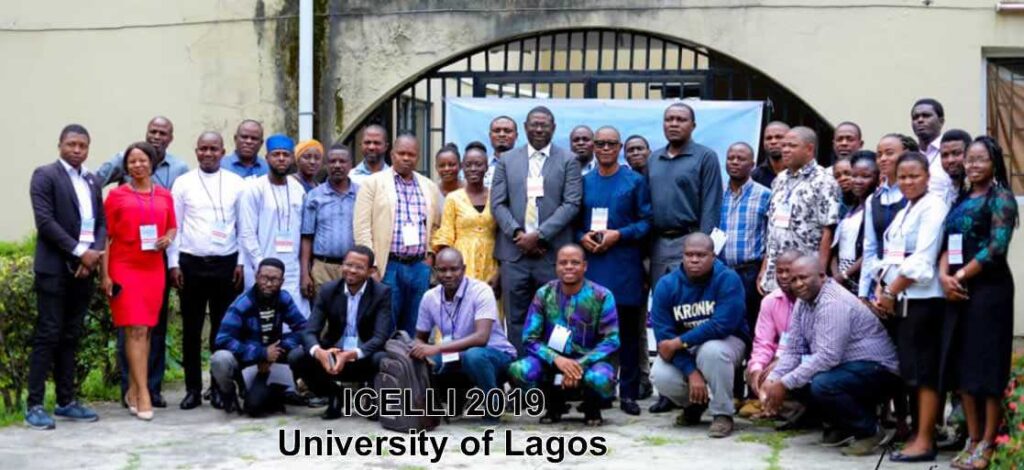
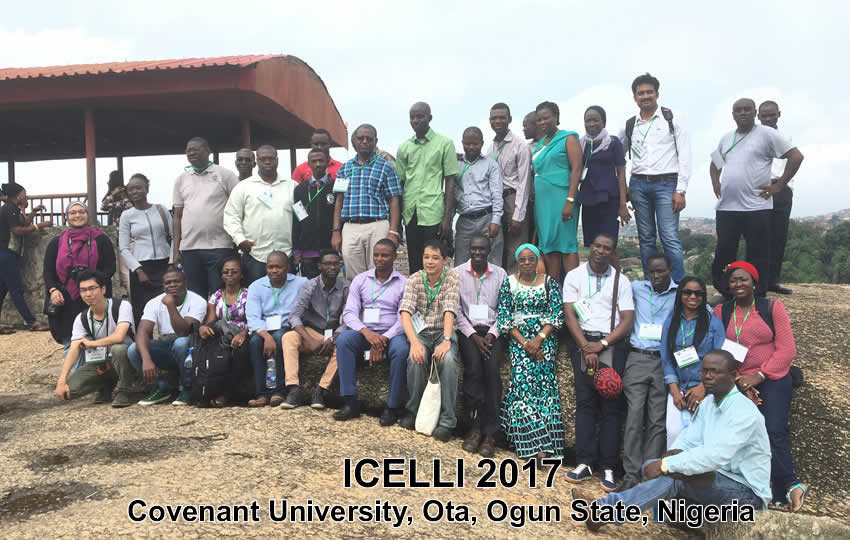
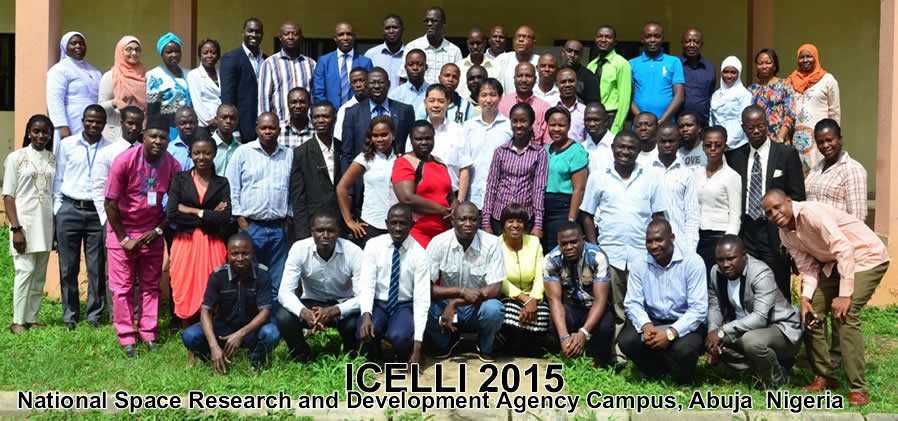
The equatorial region, also known as the low latitude region, refers to the region within ± 20° on either side of the geomagnetic equator. The great effect of the equatorial ionosphere on space-based technologies, due to its associated complexities and dynamics, has made the region a point of international collaborative focus in scientific research
The activity is planned to run for a period of 5 days. The program of the Colloquium includes discussions of the rather wide range of phenomena, such as equatorial ionosphere, equatorial electrojet, equatorial ionospheric anomaly, geomagnetic disturbances, geomagnetically induced currents, solar-terrestrial relations, stratospheric warming, space weather, theory and modelling of ionospheric scintillation and irregularities, utilisation of equatorial orbital plane for satellite technology, presentation of results from different and novel techniques for probing the equatorial ionosphere etc.
This edition shall like the past editions feature a composition of tutorials, seminars, conferences and hands-on training on every aspect of research and techniques bordering on the dynamics of equatorial and low latitude ionosphere as well as space weather.
This year’s edition shall have 2 days dedicated to emerging topics of interest such as applications of Artificial Intelligence AI, Machine Learning, open-source programming languages and non-linear tools towards understanding and predictability of complex space weather processes for effective operational systems.
This Colloquium shall offer opportunities for the presentation of standard contributions (oral and poster), delivery of invited papers by distinguished scientists with the intention of educating young scientists, as well as the exhibition of space-dependent technologies and measurement systems relevant to ionospheric studies. The forum shall serve as an effective meeting point for scientists, policymakers, students and designers of space-dependent technologies. This year’s edition shall also have a hybrid component.
Download some of the papers presented during the 2023 Colloquium
THE BABATUNDE RABIU TRAVEL GRANT FUND (BRTF)
About
The Babatunde Rabiu Travel Grant is an initiative in honour of Prof Rabiu for his passion and interest in training and capacity building in the area of Space Science among African students.
BRTF will be awarding travel grants of #50,000 each to four (4) outstanding applicants who have been accepted to attend and present their work at the 2024 ICELLI.
Eligibilty
Applicants must be citizens of Nigeria.
Applicants are currently enrolled in an MSc/PhD program and conducting research in Space Science at an academic or scientific research institute in Nigeria.
Procedure
Interested applicants should submit the following information combined into one single PDF document to admin@nspee.org
1. 2-page CV
2. A motivation letter addressed to the BRTF grant Committee
3. Recommendation letter.
4. Abstract should be submitted along with the application.
Application for Grant deadline: 31 May, 2025
Registration deadline extended to 10th June 2025
Successful applicants will be contacted by 30 June, 2025
THE BABATUNDE RABIU TRAVEL GRANT FUND (BRTF)
The Babatunde Rabiu Travel Grant is an initiative in honour of Prof Rabiu for his passion and interest in training and capacity building in the area of Space Science among African students.
BRTF will be awarding travel grants of #50,000 each to four (4) outstanding applicants who have been accepted to attend and present their work at the 2024 ICELLI.
Eligibility:
Applicants must be citizens of Nigeria.
Applicants are currently enrolled in an MSc/PhD program and conducting research in Space Science at an academic or scientific research institute in Nigeria.
Applicants must have submitted an abstract for the ICELLI conference.
Interested applicants should submit the following information combined into one single PDF document to icelli@arcsstee.org.ng
1. 2-page CV
2. A motivation letter addressed to the BRTF grant Committee
3. Recommendation letter.
4. Abstract should be submitted along with the application.
Application for Grant deadline: 31 May, 2025
Registration deadline extended to 10th June 2025
Successful applicants will be contacted by 30 June, 2025
International Advisory Board
International ADVISORY Board
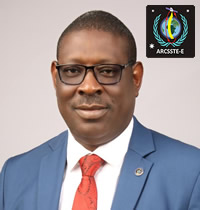
Professor Babatunde Rabiu
UN-African Regional Centre for Space Science and Technology Education in English
(UN-ARCSSTE-E);
National Space Research and Development Agency, Nigeria
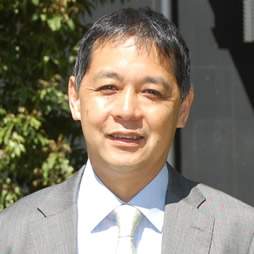
Professor Kazuo Shiokawa
Nagoya University
Japan
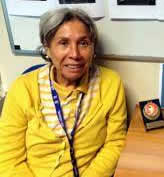
Professor Christine Mazaudier
Sorbonne Universities,
UPMC University,
Laboratoire de Physique des Plasmas,
Paris, France
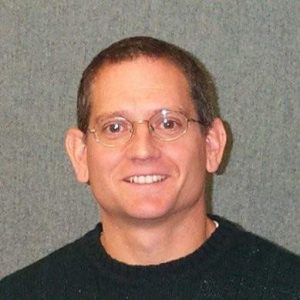
Dr. Keith Groves
Boston College,
USA
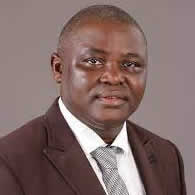
Professor Elijah Oyeyemi
University of Lagos,
Nigeria
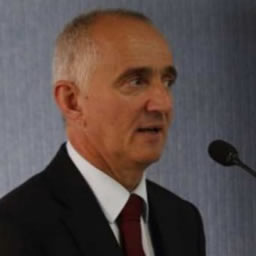
Professor Renato Filjar
University of Applied Sciences Hrvatsko Zagorje Krapina,
Krapina, Croatia
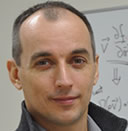
Professor Wojciech J. Miloch
University of Oslo,
Norway
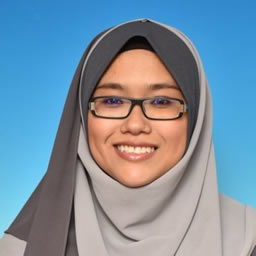
Dr. Nurul Shazana Abdul Hamid
The National University of Malaysia
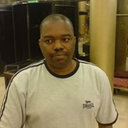
Dr. Elijah Falayi
Tai Solarin University, Nigeria
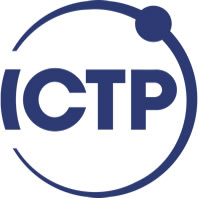
Dr. Bruno Nava
Abdus Salam International Centre for theoretical Physics, Italy
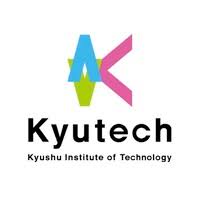
Dr. Fujimoto Akiko
Kyushu Institute of Technology,
Japan
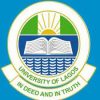
Dr. Olawale Bolaji
University of Lagos,
Nigeria
Technical/Logistics Committee
Professor Babatunde Rabiu
Dr. Daniel Okoh
Dr. Samuel Ogunjo
Dr. Adetoun Akinlami
Dr. Aderonke Akerele
Ms Funmilayo Shonubi
Technical/Logistics Committee

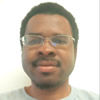
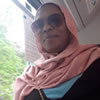
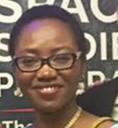
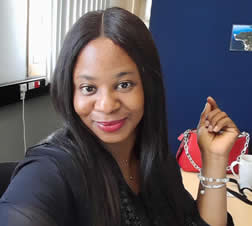
Co-organized by
